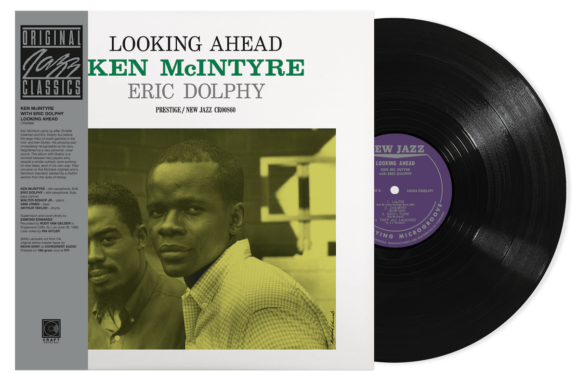Has there been a contemporary rock and roll band with a more potent combination of chemistry and courage than the original four-man lineup of R.E.M.? The quartet honed its sound and developed its audience throughout a roughly five-year tenure at IRS Records and then, with the fourth album Document, broke through to mass popularity.
At that point, the Georgia-based group moved to the major label of Warner Bros., suffering more than a little derision from its core DIY following. Still, the move only led to an incremental elevation of its popularity with the first three LPs for the label beginning with Green, after which R.E.M. then took the acclamation to another higher and wider level altogether via hit singles and Grammy Awards.
In the course of doing so, they made the practical but potentially calamitous decision to stop touring behind the next pair of albums, 1991’s Out Of Time and remarkably, just a year later, Automatic For The People. But the sabbatical from the road allowed the group to more deeply concentrate on their work in the studio and it paid off artistically and commercially, even as the group digressed, for the most part, from its readily-recognizable sound.
Accordingly, Automatic For The People begins with the acoustic guitars of “Drive,” later joined by massive orchestration (courtesy Led Zeppelin’s John Paul Jones), in tandem with Peter Buck’s layered electric guitars. Steadfast drumming of Bill Berry’s and Mike Mills’ insistent bass push the vocal delivery of Michael Stipe’s to the forefront to maximize the impact of cryptic lyrics sung in a borderline scathing tone. It all sounds perfectly conventional, perhaps too much so for its own good.
Yet that was doubtlessly at least part of the rationale behind its release as the initial single from the LP. In the wake of the success of the previous long-playing effort, keynoted by the mammoth acceptance of “Losing My Religion,” the tune radiated a familiar, accessible air. On its own terms too, “The Sidewinder Sleeps Tonight” is just about as catchy, seeming like nothing so much as a knowing replication of that aforementioned number in both its meter and the refrain.
The continued production assistance of Scott Litt (who had assumed that studio supervisory role with the aforementioned fourth album) proves invaluable. There’s not an iota of the awkwardness in either the structure or arrangement of material like”Everybody Hurts” and there’s no sense the foursome is any less united than ever. An intimacy pervades this 1992 album suggesting R.E.M was looking outward as deeply as inward, so the group never fell prey to self-consciousness over the course of these forty-eight-plus minutes.
On the contrary, they were relaxed enough to include “New Orleans Instrumental No. 1,” the gestation of which may lie in the fact that, during the course of the sessions, the four men had switched up on instruments. Dominated by electric piano, it’s a slow but effective turn, setting the stage for the reflective likes of the album’s second half.
Yet “Sweetness Follows,” with its arcing guitar distortion, the insouciant “Ignoreland” and a genuinely empathetic “Man On The Moon” cleverly camouflage the languorous but dismissive “Star Me Kitten.” Meanwhile, the closing couplet of melancholy contains an undercurrent of hope: “Nightswimming” and “Find the River” end the album with as much understatement as it began, but with more prominent group harmonies than anywhere else.
R.E.M. was not so idiosyncratic their creative logic/evolution didn’t allow for a modicum of persistence. Having failed in early ambitions for AFTP to rock harder than its acoustic-tinged predecessor, a more concerted effort in that direction for the next project yielded the appropriately-titled Monster. With over a quarter century hindsight–and a clarified remix for the milestone by Litt–this ninth studio record of the group stands out in even greater relief compared to its two predecessors. Having achieved more than a little success on their own terms and with the mainstream, R.E.M could rightly afford to act in the most self-motivated manner they chose and they did so with virtually no adverse results. Three decades on, Automatic For The People remains as keen an example of this band’s intrinsic independence as the work that preceded it.









